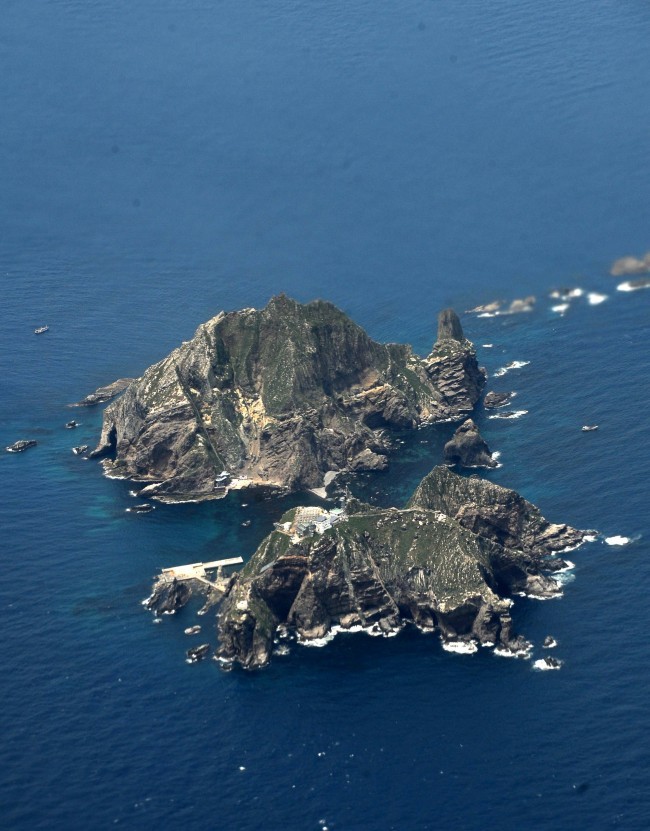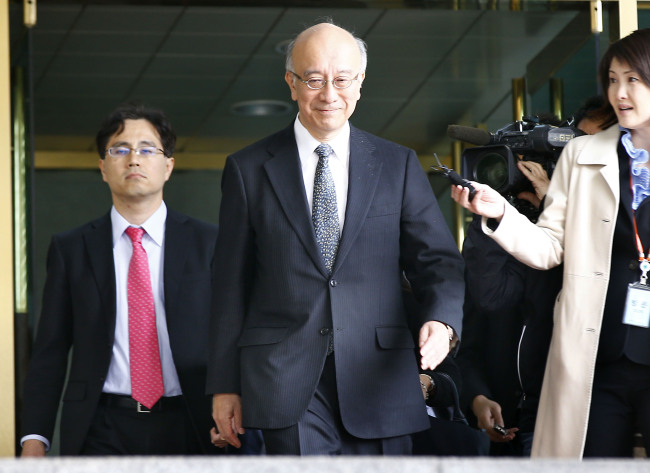Kijun Times
Kijun Times 는 교내 영어잡지,신문 동아리로 다양한 주제에 관한 이슈로 원고를 작성하며 영어 잡지를 만드는 동아리입니다.
매년 잡지 출판뿐만 아니라 자신의 진로와 관련된 개인기사, 모둠기사를 작성함으로써 영어 실력향상은 물론 주제에 제한이 없기 때문에 다양한 진로에 접목 가능합니다.
We are looking for a new journalist for The KIJUN TIMES.
Anyone can be a journalist for The KIJUN TIMES.

Seoul protests Japan’s fresh Dokdo claim |
|||||||||
|---|---|---|---|---|---|---|---|---|---|
| 이름 | 김은표 | 등록일 | 14.04.06 | 조회수 | 885 | ||||
Seoul on Friday protested Japan’s introduction of newly updated schoolbooks and an annual diplomatic paper that carry reinforced claims to the Korean islets of Dokdo and distorted views on its wartime sexual slavery and other atrocities. Vice Foreign Minister Cho Tae-yong summoned Japanese Ambassador to Korea Koro Bessho and delivered a written complaint. “We strongly condemn the Japanese government’s approval of elementary schoolbooks that step up its provocations regarding Dokdo compared with 2010,” Foreign Ministry spokesman Cho Tai-young said.
Japan’s Education Ministry certified 12 versions of social studies textbooks, eight of which contain Dokdo-related statements and maps, for third to sixth grade as part of deliberations held every four years. Six workbooks state that the volcanic rocks in the East Sea are “indigenous Japanese territory illegally occupied by Korea,” while two others have maps marking them as belonging to Japan. This contrasted with 2010 when only one textbook carried such a statement and seven others included similar charts. As for history, though descriptions vary by publisher, most versions address major events such as Japanese invasions of Korea (1592-98), the Japan-Korea annexation treaty (1910) and ensuing independence crusades here, and Japan’s conscription of Korean workers and other aggressive policies during World War II. But none of them refer to Tokyo’s mobilization of Korean and other Asian women in frontline brothels, whereas all of the four publishers watered down content regarding the 1923 Kanto earthquake, after which Koreans were massacred as a false rumor spread that they had been poisoning wells and taking advantage of the disaster. Seoul’s Education Ministry urged its Japanese counterpart to rescind the decision immediately. “It is an extremely uneducational act to teach young generations untrue claims and justify the history of aggression which could jeopardize not only the country’s good-neighbor relations with adjacent countries but also peace in Northeast Asia,” spokesman Kim Moon-hee said in a statement. The latest diplomatic bluebook, meanwhile, in general reiterates the 2013 edition’s treatment of the Dokdo Islets, sexual slavery and other sensitive issues. It again stressed that the so-called comfort women issue was already settled through a 1965 agreement that normalized diplomatic ties between the old foes. Seoul demands sincere apologies and compensation for the aging victims. The unveiling is set to dampen Washington’s efforts to help its two top regional allies reconcile ahead of President Barack Obama’s trip scheduled for later this month. Last week, he arranged the first trilateral summit in The Hague with President Park Geun-hye and Prime Minister Shinzo Abe since their inaugurations more than a year ago but the mood appeared frosty. Seoul, for its part, faces criticism that it made way for a diplomatic coup for Abe, who appears to continue pushing a spate of revisionist policies even after pledging to uphold Tokyo’s landmark 1993 apology for its wartime sexual enslavement of Korea women. As the U.S. heaped up pressure, Japan agreed to hold director-general-level talks with Korea to discuss the comfort women issue. But now it is unclear when ― and even whether ― the meeting could take place as Tokyo insists the Dokdo row should be added to the agenda. “Prime Minister Abe must bear in mind that if he allows for providing education that distorts and conceals the country’s imperial past even to elementary school students … it will mean not only that he is backing down on his own promise but that he is making the error of isolating Japan’s future generations from the international community,” Cho added. “We warn that the path for the improvement of Korea-Japan relations will go adrift if the Japanese government continues provocations about Dokdo in the name of textbook screening.” By Shin Hyon-hee, The Korea Herald |
|||||||||
| 이전글 | Fabric Art, Made From the Fighting (3) |
|---|---|
| 다음글 | Defectors agonizingly close to freedom sent back to North Korean nightmare |

